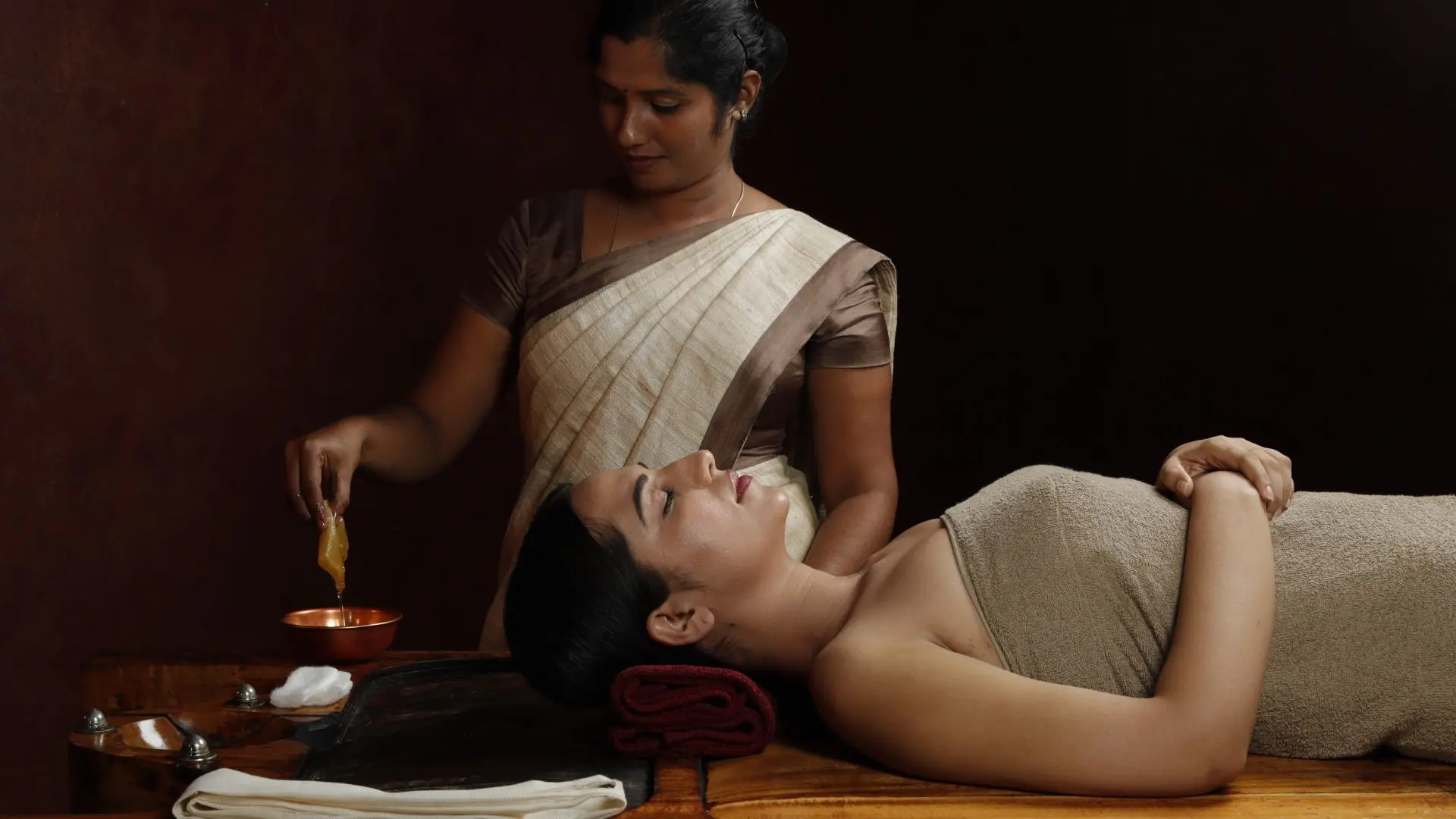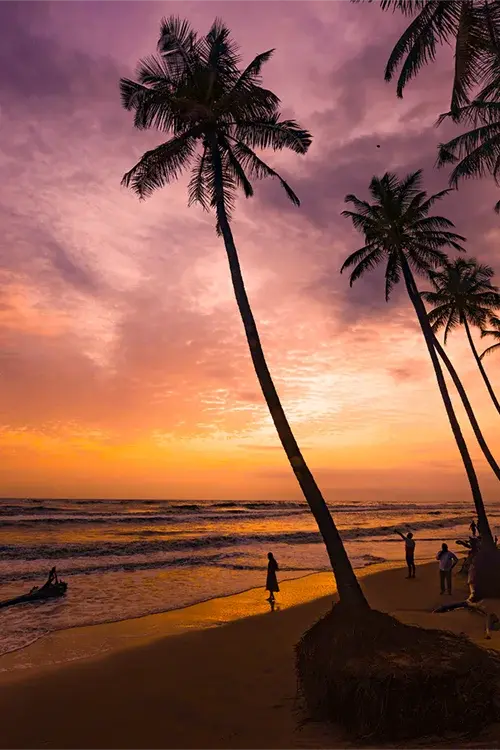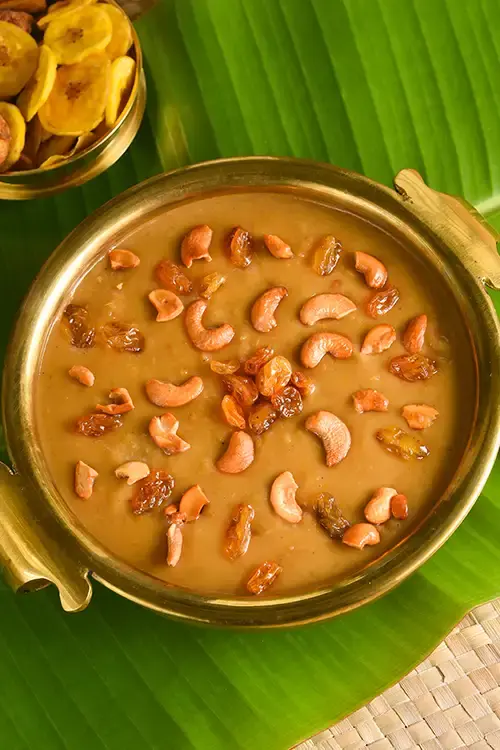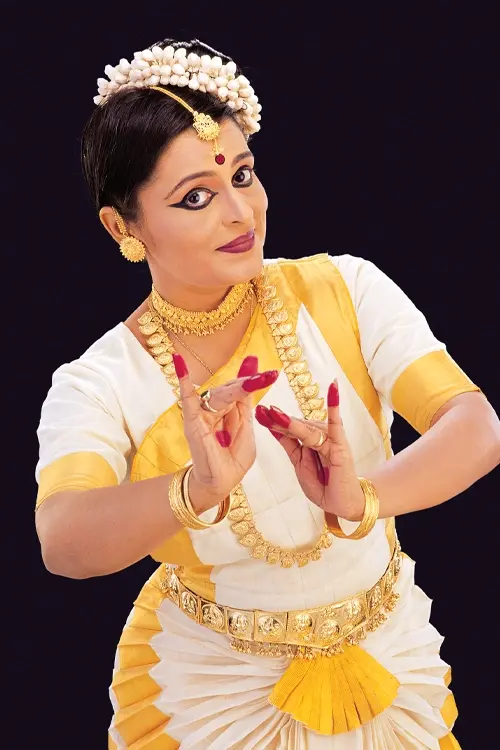Enchanting Kerala
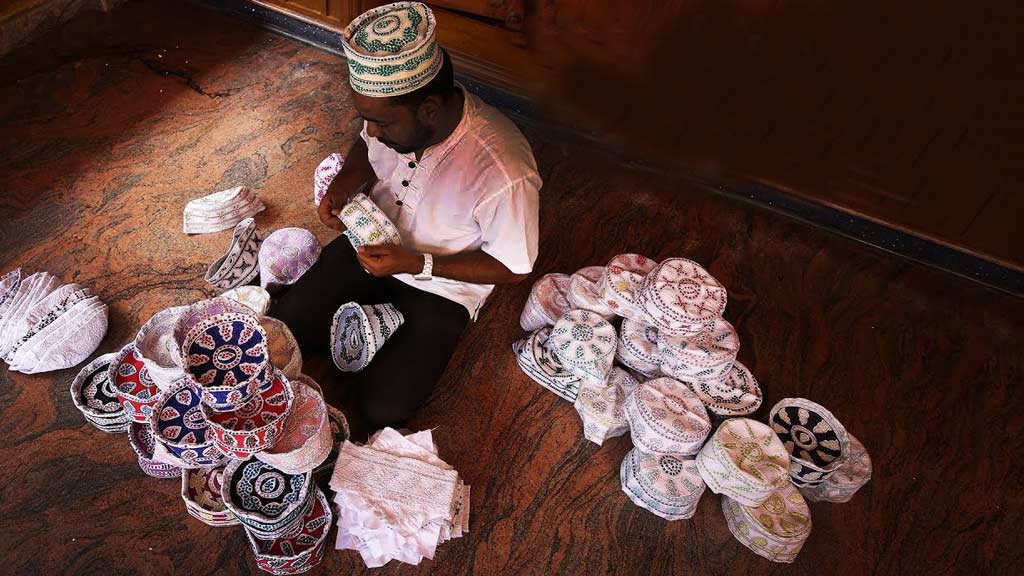
Prayer Caps of Thalankara
Thalankara, a sleepy hamlet in Kasaragod, enjoys an exclusive space in the cultural map of Kerala with its handmade traditional Muslim caps popularly known as ‘Thalankara thoppi’.
The making of Thalankara thoppi was once a prominent source of livelihood for a few Muslim families in Kasaragod district, Kerala, India.
Cotton wool is used for the weaving of these beautifully embroidered caps. They are made with great care and utmost dedication.
With intricate designs, exquisite style and perfect shape, Thalankara caps have carved out a niche in the growing Islamic fashion industry. In Thalankara, currently, eight varieties of caps, costing anywhere between Rs 20 and Rs 200, are available. With their unique patterns and premium quality, they are in huge demand worldwide, especially in the Middle Eastern countries.
The exceptional expertise that goes in its weaving makes each piece matchless and stunning. Every artisan puts a lot of effort into dyeing the threads in specific patterns and weaving them into particular designs. The demand increases during festive seasons like Ramzan. Muslim men generally wear these caps during festival seasons and at religious functions.
The making of Thalankara cap is a time-consuming process. It requires a keen eye for detail, creativity, and patience. The caps are made in diverse colours, patterns, and designs. Sometimes these designs resemble the calligraphic forms used in Arabic and Persian mats.
The beauteous Thalankara caps have a long history to narrate. References of this cap can be seen even in the books written by Ibn Battuta, the greatest explorer of all time.
